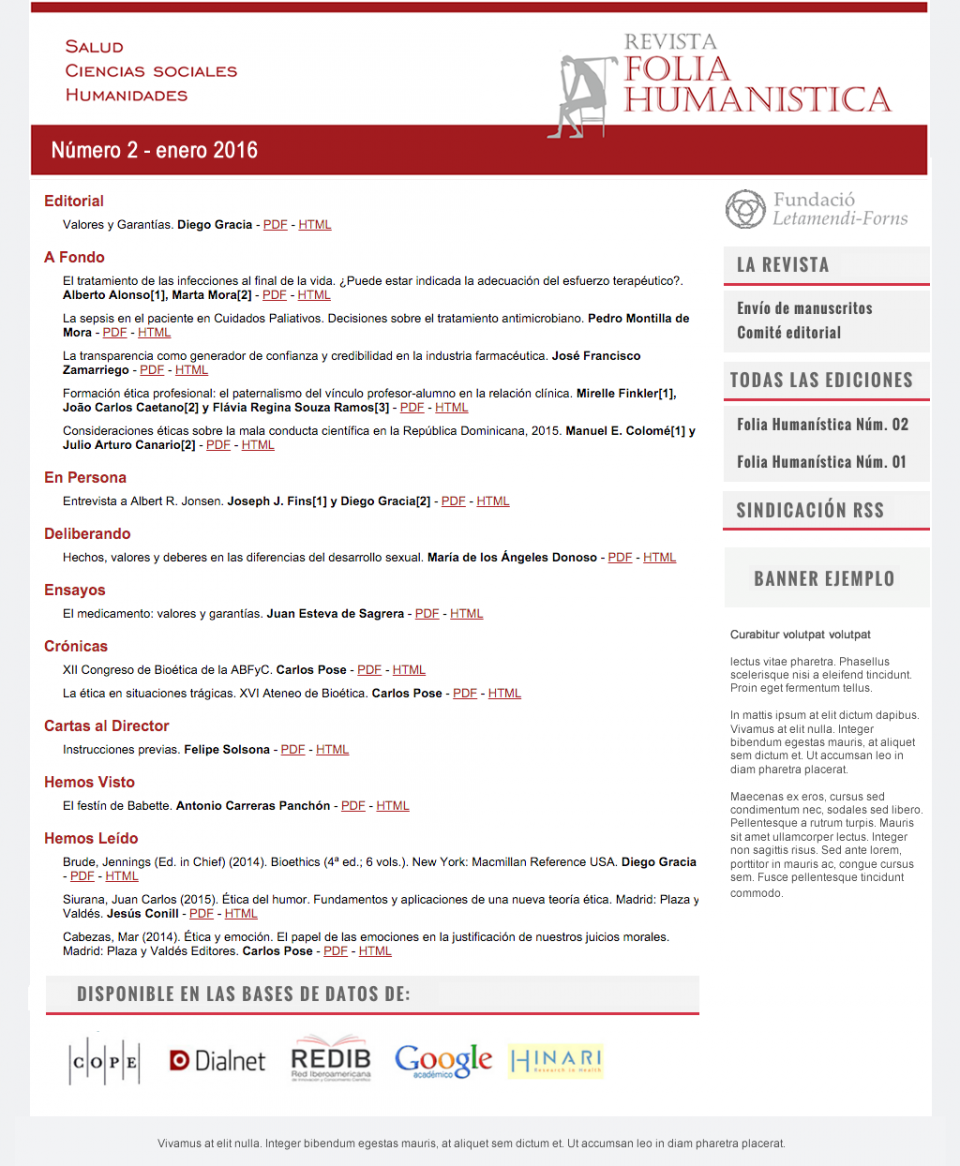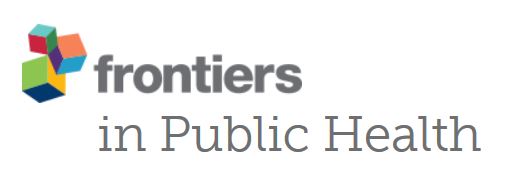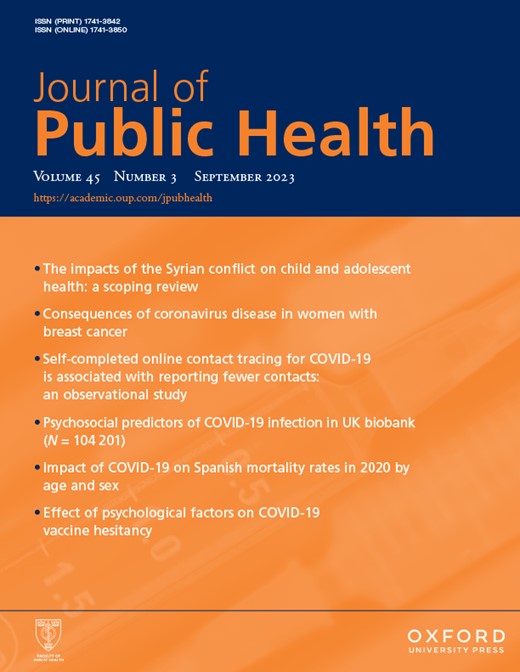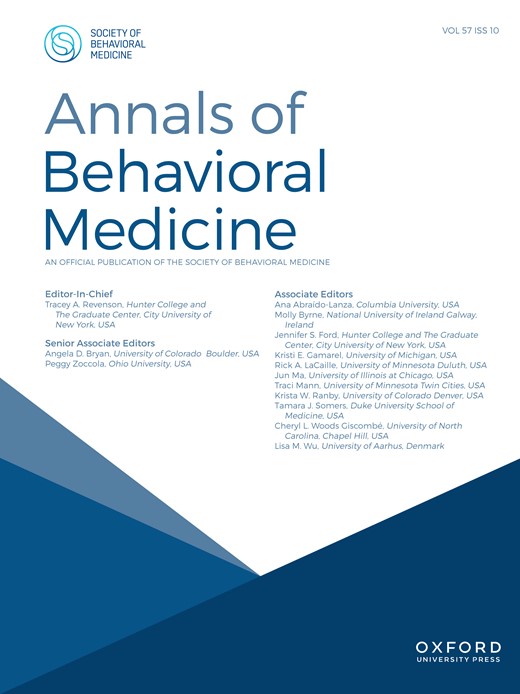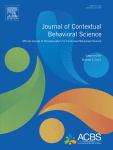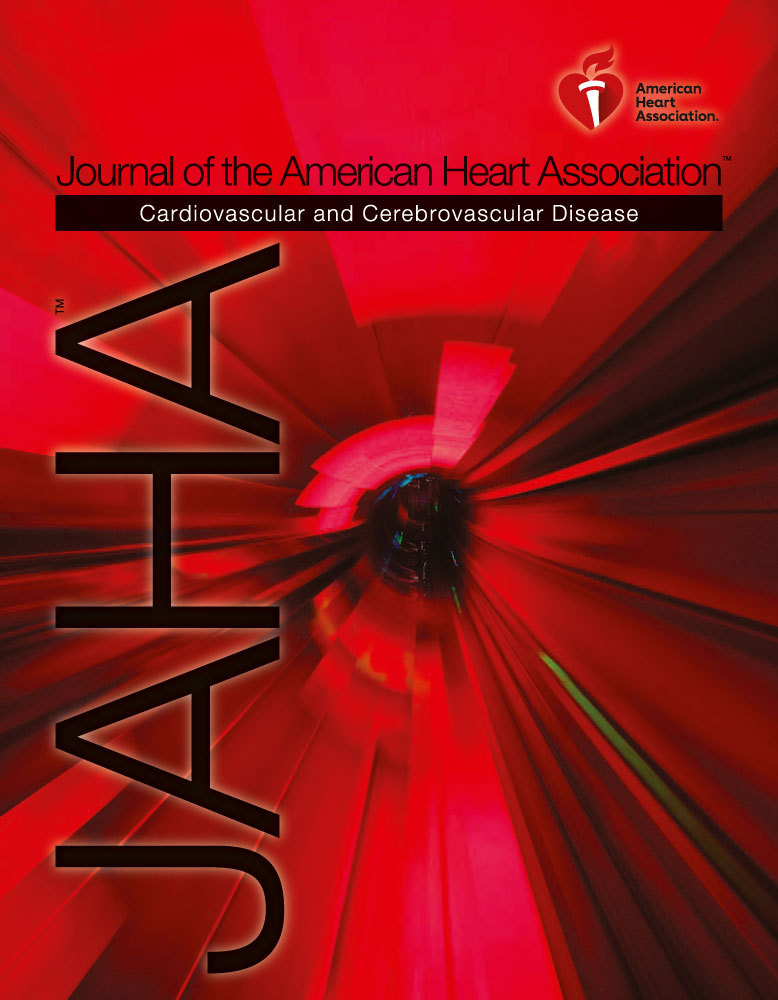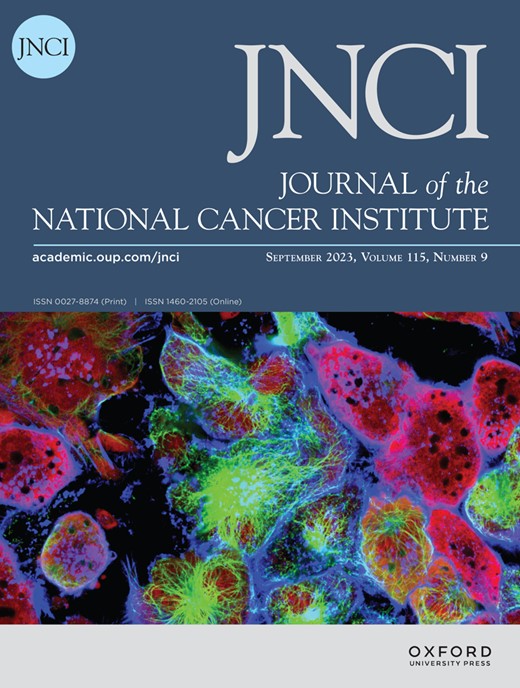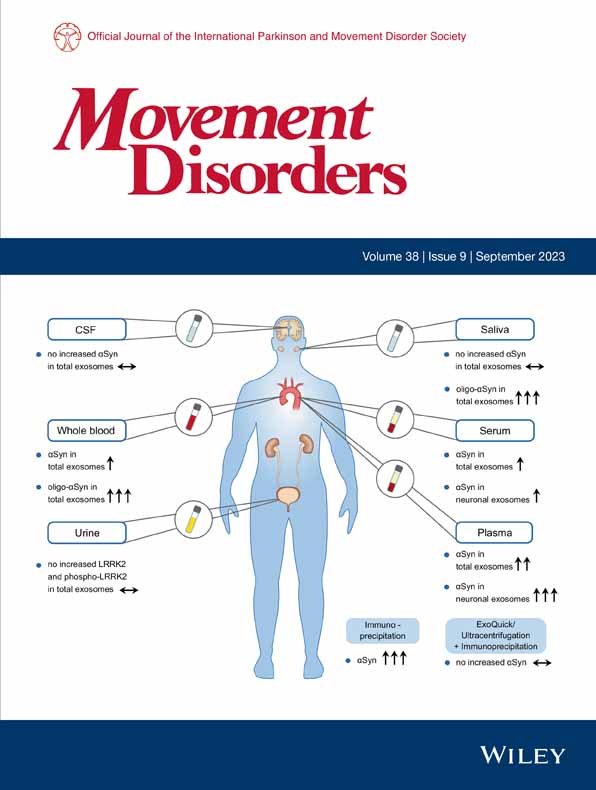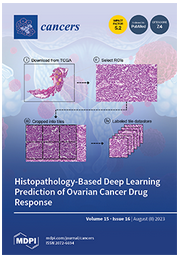Prevención del suicidio. Una perspectiva salubrista. De lo individual a lo colectivo
El suicidio me cuestiona individual y colectivamente. Personal y profesionalmente. Emocional y éticamente. Física y socialmente. Y, desde luego, espiritualmente. Y me alegra muchísimo que desde la salud pública (a la que nada humano le es ajeno) ya se estén poniendo en marcha acciones de todo tipo dirigidas a lograr una prevención eficaz y sostenible…



